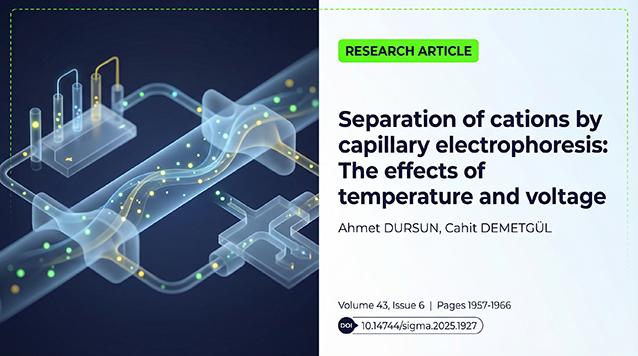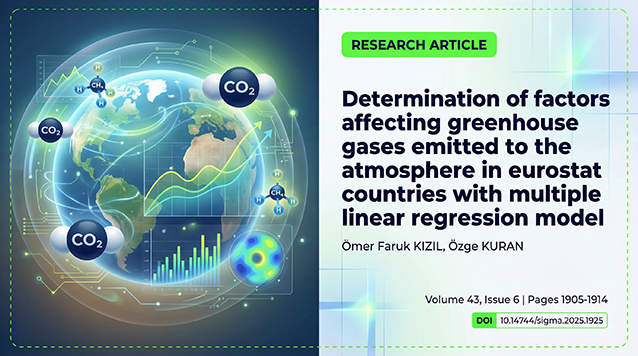Abstract
Microbial fuel cell (MFC) have attracted great interest in recent years as a technology that uses microorganisms to oxidize organic and inorganic materials at the anode for the purpose of bioelectricity generation and bioremediation. In MFC systems, energy can be obtained by using all kinds of organic matter as substrate, from simple molecules (acetate, carbohydrates, glucose etc.) to complex compounds (molasses, cellulose, wastewater, waste sludge, domestic agricultural and animal wastes etc.). In addition to wastewater treatment, MFC technology has additional benefits such as sulfate removal, heavy metal removal, denitrification and nitri-fication. However, the low power efficiencies and potential losses of these systems limit their applicability on a real scale. Although the anode chamber of MFC systems has been studied in detail over many different parameters, the cathodic electron acceptors have been studied relatively less. In MFC systems, electron acceptors are one of the main parameters influencing power generation as they contribute to overcoming potential losses at the cathode. Oxygen has a relatively high redox potential and is the traditional electron acceptor used in MFC systems as it is reduced to form a clean product like water. However, the need for alternative electron acceptors has increased due to the fact that feeding oxygen to the cathode chamber requires additional energy and the need for catalysts due to the slow O2 reduction rate. Electricity gen-eration by reducing certain electron acceptors at the cathode chamber has promising potential for bioenergy production, and the use of pollutants such as nitrogen species, heavy metals and perchlorate as electron acceptors reduces the cost for their specific treatment. This review aims to summarize the various electron acceptors used in MFC systems, compare their effects on MFC performance, and discuss possible future areas.
















